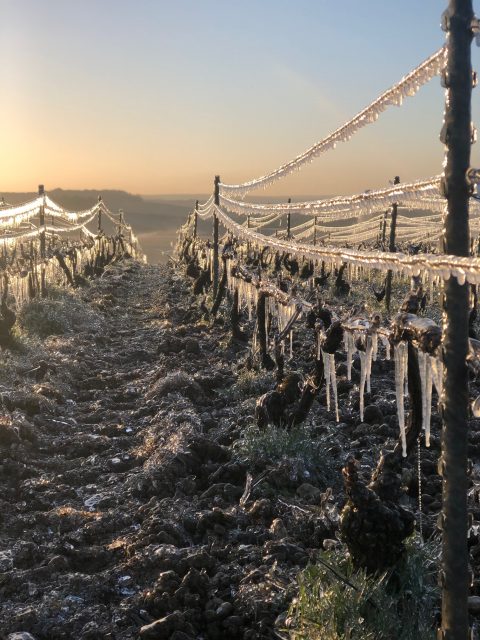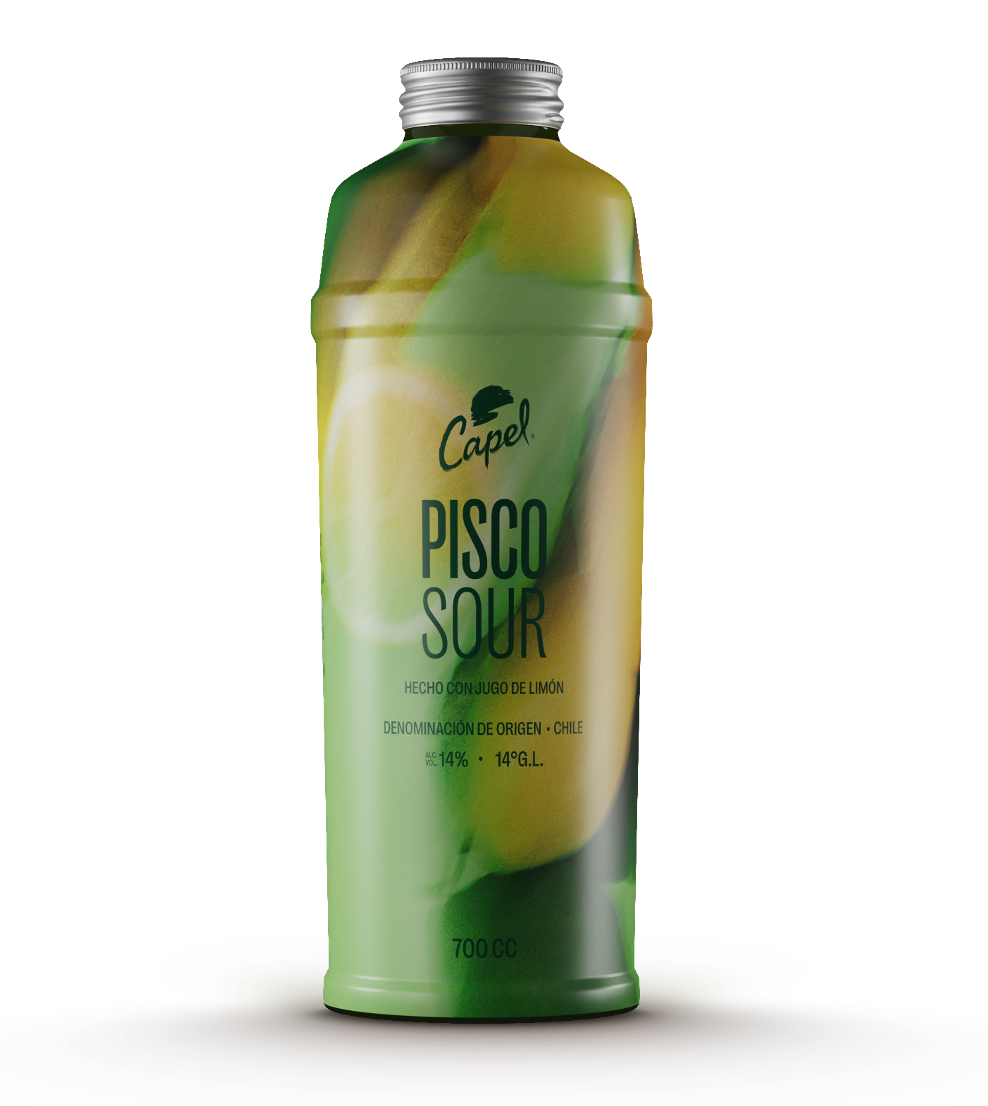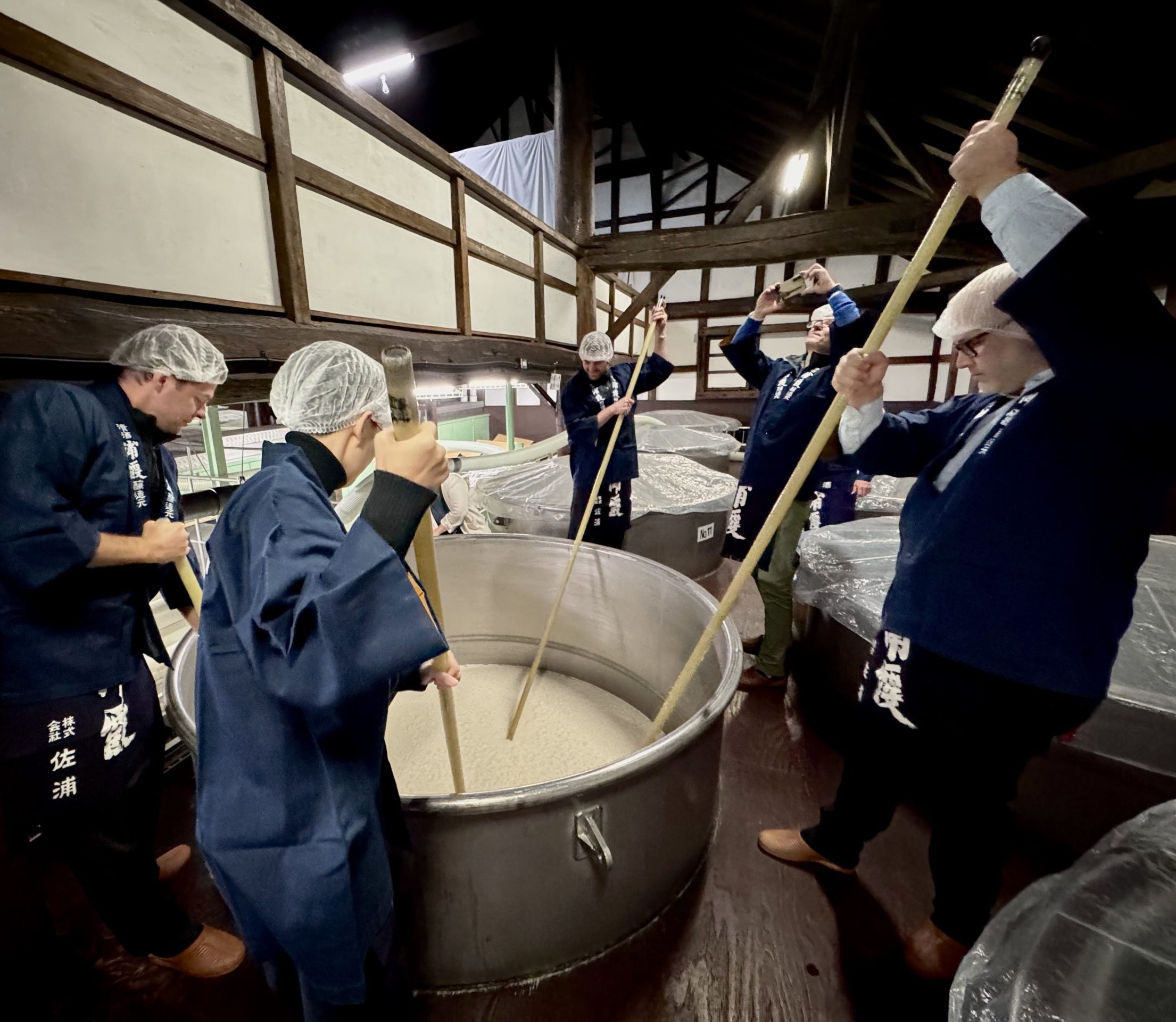‘Shock, despair, anger’: French winemakers reveal the emotional impact of this year’s harvest
Winemakers across France have shown heroic fortitude in the face of frosts, fires and hail. But now that the harvest is over, producers open up to db on the personal toll that 2021 has taken on their emotional health.

When there is work to be done, a positive mindset can be an indispensable survival tool, and few of us have time to dwell on the gravity of a situation while in the thick of a storm. For France’s winemakers, this was quite literally the case for much of this year. But once the storms have been weathered, the vineyard damage attended to and the harvest brought in, there is time to reflect on how the challenges have affected those who work in the wine industry on a human level.
The drinks business spoke with producers across France to find out how 2021 has really been for those on the front line.
“Producers have without a doubt been more affected emotionally than financially,” Brice Eymard, managing director of the Conseil Interprofessionnel des Vins de Provence told db. “This year has had a big impact on morale.”
It’s a sentiment echoed by Philippe Pellaton, president of Inter Rhône, who told us: “It’s difficult not just economically, but personally. The emotional load is heavy when the vineyards freeze.”
Elaborating on the reality of the day-to-day situation throughout 2021, Pellaton continued: “In the weeks following a frost, the vineyard work goes back to normal, which means that the cost of vineyard management remains the same, for a harvest that will be much smaller.
“When harvest time comes you realise once again how bad the situation is. You see bunches of grapes when you walk in the vineyards, but cannot forget that next to these are spaces where you should see bunches, and do not. It’s difficult when you witness the small number of crates going into the winery, or the vats that are not as full as they should be. That’s when we really face the harsh reality of this small harvest.”
Valérie Vincent, head of communications for Rhonéa, a co-operative of winegrowers in the Rhône Valley, described the moment when growers realise that “the work of the year can be destroyed in just a few seconds.”
“There are feelings of shock, despair, anger,” she told db. “But it’s part of viticulture to depend on nature.”
In the wake of this year’s climatic disasters, some producers have emphasised a need for more empathetic distributors, who understand that in some cases price increases are unavoidable.
Partner Content
“It has become obvious that we need to be accompanied by distributors who will support us in case of a hard blow. It is better to choose people for whom supporting French agriculture is not just a notion, but a reality, and who accept measured increases,” says Laurent Bonfils, CEO of Vignobles Bonfils, which owns châteaux and estates across the Languedoc. “Without trading partners who are attentive to our problems, there will be no more agriculture in France tomorrow, but I must say that I have found real support from my partners so far.”
Bonfils and many of his peers worry about the future of winemaking in their country, and fear that worse is yet to come.
“If the 2022 adventure turns out to be at the same level as 2021, that would be catastrophic,” he said. “My concern is the lasting disruption of our profession and to our reason for being. We can accept one bad blow in a tear, but not several in a row.”
However, while the emotional impact of such a year cannot be underestimated, the one word that has emerged more than any other from db’s conversations is “luck”.
“We were lucky the frost was not black, which means vegetation recovered well,” said Bonfils.
“We were lucky as frost damaged only 5% of our vineyard this year,” said Romain Ott, winemaker at Château Léoube.
“We were fortunate not to have to deal with fires,” said Cécile Ha of Vin de Bordeaux.
“Alsace has been lucky not to have been affected as much as our neighbours,” Foulques Aulagnon of Conseil Interprofessionnel des Vins d’Alsace told us.
It demonstrates a remarkable capacity for perspective, and a widespread feeling that no matter how challenging things have been this year, there are always those who have suffered worse.
As Romain Ott revealed when we spoke, “years like this one bring us to humility.”
Related news
Christie's to sell Burgundies from renowned British collector Ian Mill KC
Collection of 'rediscovered' historic Bordeaux to be auctioned




